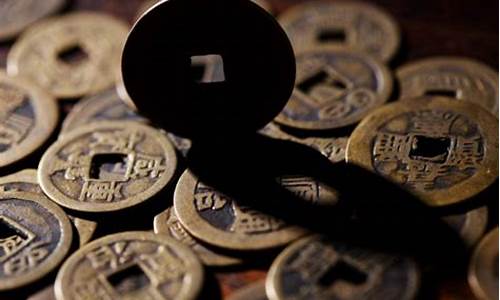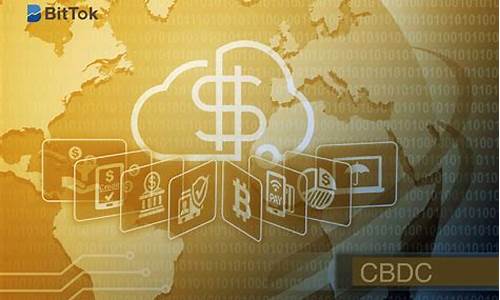
What Makes a Digital Currency Ready for Launch?
Digital currencies, also known as cryptocurrencies, have gained popularity in recent
years due to their decentralized and secure nature. However, not all digital
currencies are created equal, and not all are ready for launch. In this article, we
will explore what makes a digital currency ready for launch and how it differs
from other forms of virtual currency.
First and foremost, a digital currency must have a strong value proposition. This
means that it should be designed to have a clear purpose and be used as a medium
of exchange or store of value. For example, Bitcoin was originally designed as a
peer-to-peer electronic cash system, while Ethereum is focused on building a
decentralized platform for smart contracts and decentralized applications.
Secondly, a digital currency must have a robust infrastructure that can support
large-scale transactions and ensure the security and integrity of the network.
This includes a decentralized network of nodes that validate transactions and
secure the network against attacks. Additionally, digital currencies must have
efficient and scalable transaction processing capabilities to handle high levels
of traffic and prevent congestion.
Thirdly, a digital currency must have a strong legal and regulatory framework in place
to protect investors and users. This includes measures such as anti-money laundering
regulations, consumer protection laws, and tax regulations. Without proper
regulation, digital currencies can be used for illegal activities such as money
laundering and terrorism financing.
Finally, a digital currency must have a strong community of developers, users, and
advocates who are committed to its development and success. This community can
provide valuable feedback and support for the development of new features and
improvements to the network.
In conclusion, a digital currency that is ready for launch should have a strong
value proposition, robust infrastructure, strong legal and regulatory framework,
and a strong community of supporters. While there are many digital currencies in
development today, only a select few will ultimately achieve widespread adoption
and become successful.








